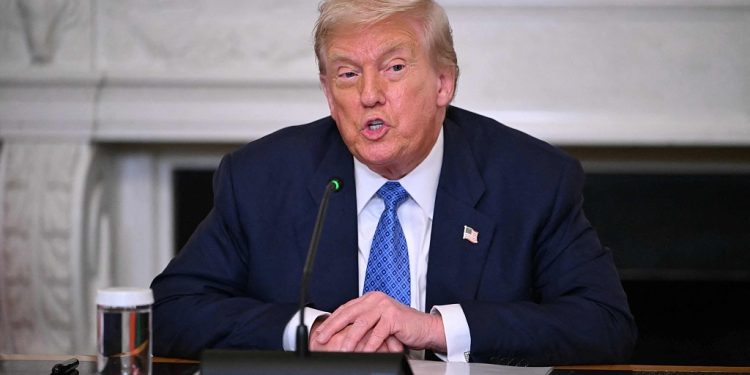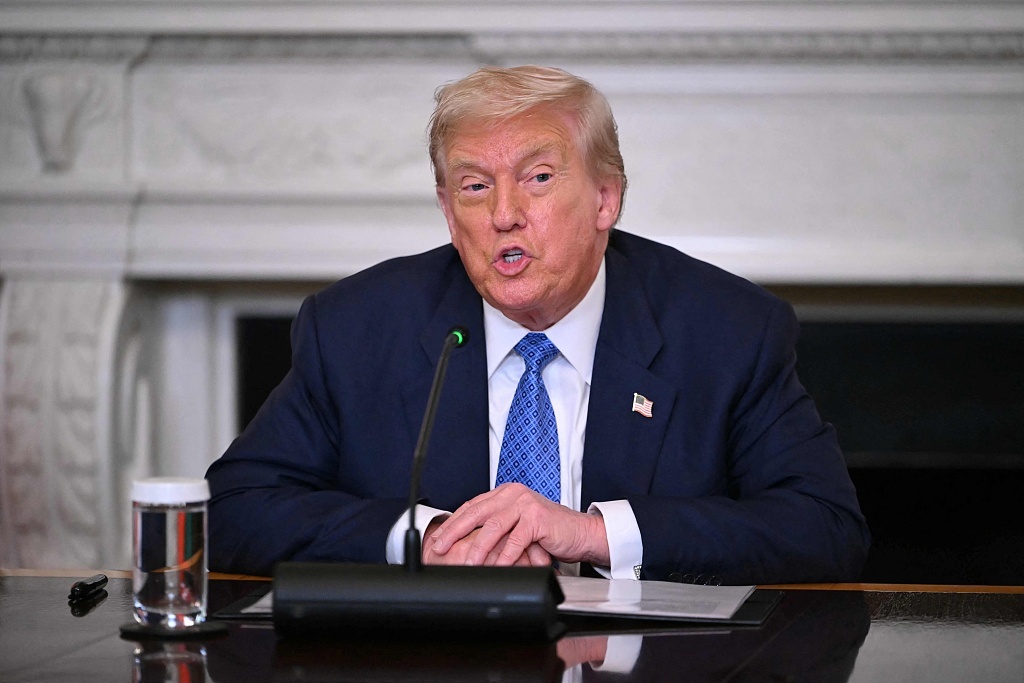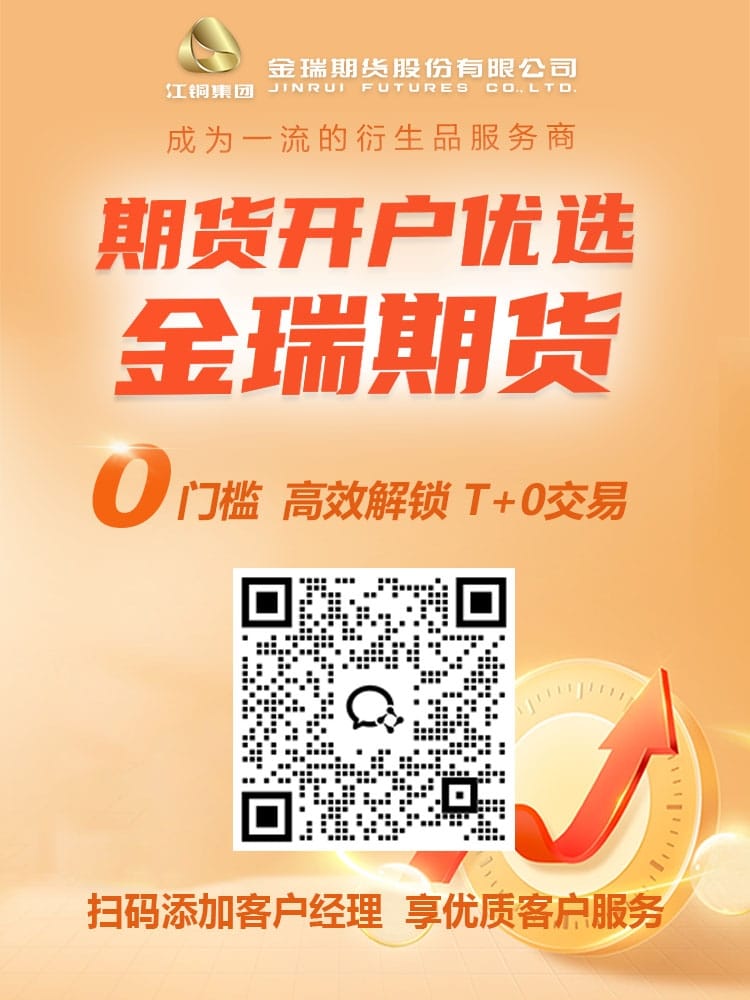TMTPOST -- U.S. President Donald Trump may inpose Section 232 tariffs on pharmaceutical imports, according to White House trade adviser Peter Navarro.
Credit:China Central Television
The Trump administration is likely to levy tariffs on pharmaceutical imports under a Section 232 investigation because it's "very clear that we have a national security crisis" due to U.S. reliance on foreign producers in the sector, Navarro said in an interview with CNBC on Thursday.
He said the Trump administration is still working on the pharmaceutical tariffs, and noted the heavy focus of these tariffs will be on generic pharma products.
Section 232 tariffs are the result of the investigation launched under Section 232 of the Trade Expansion Act of 1962. Section 232 empowers the president to charge duties pending the results of a Department of Commerce investigation into the imports』 effects on national security.
The Trump administration has already used this tool to raise levies on aluminum, cars, car parts, and steel, and has launched 232 investigations into seven other types of products such as pharmaceuticals, lumber, semiconductors.
Navarro on Thursday did not provide any details on the timeline of the Section 232 probe into drugs. His remarks came as Trump on Wednesday signed an executive order aimed at boosting U.S. pharmaceutical supply chain.
Navarro explained that the new order works in three ways: First, to establish a Strategic Active Pharmaceutical Ingredients Reserve (SAPIR) as Active Pharmaceutical Ingredients (APIs) are generally lower-cost and have longer shelf lives than the finished drug products they make; second, to ensure that there』s demand for domestic manufacturers by the Department of Health and Human Services and other two agencies』 issuing long-term contracts to buy medicines needed; third, the deregulation, such as to fast track things like advanced continuous manufacturing.
He also said the tariffs will deter dumping of pharma precursors from India and China.
The threat of tariffs on pharmaceutical imports has been intensified since the Trump administration in April opened a Section 232 investigation into how importing certain pharmaceutical products affects national security. The move was widely seen as a prelude to initiating tariffs on drugs.
Trump during a Cabinet meeting on July 8 disclosed steep tariffs on the pharmaceutical sector will be announced 「very soon」, while he could offer the pharmaceutical manufacturers at least a year for transition of their production to the U.S. before implementing the tariffs up to 200%.
The White House in late July said Trump had sent letters to 17 major pharmaceutical firms in the West outlining the steps they must take to lower the price of U.S. prescription drugs to 「most favored nation」 (MFN) levels by September 29.
Trump in the letter warned if these companies 「refuse to step up,」 the U.S. government will deploy every tool in its 「arsenal to protect American families from continued abusive drug pricing practices,」 without specifying the possible measures.
Trump last week previewed pharmaceutical tariffs potentially reaching up to 250% over time. "We'll be putting a initially small tariff on pharmaceuticals, but in one year — one and a half years, maximum — it's going to go to 150%. And then it』s going to go to 250%, because we want pharmaceuticals made in our country," Trump said on August 5.

























